justice
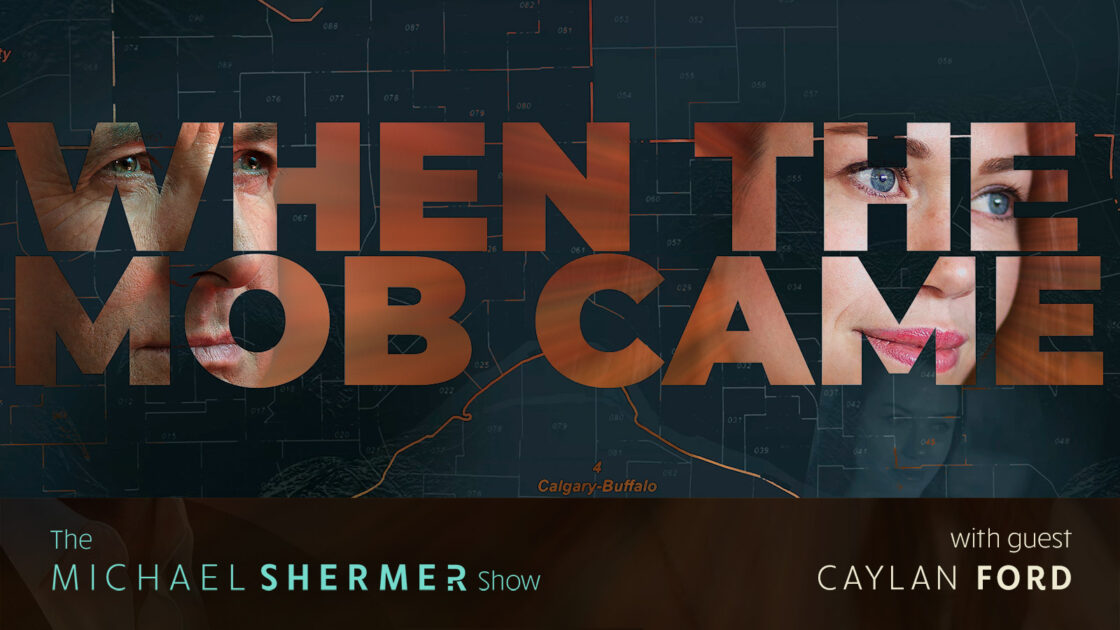
Shermer and Ford discuss: • education reform • public vs. private vs. charter schools • the blank slate • Thomas Sowell’s Constrained Vision vs. Unconstrained Vision • French Revolution vs. American Revolution • truth, justice, and reality • what promotes humanity and what degrades it • transhumanism • political correctness • identity politics • cancel culture • totalitarianism • preference falsification • free speech • hate speech • how to stand up to cancel culture.
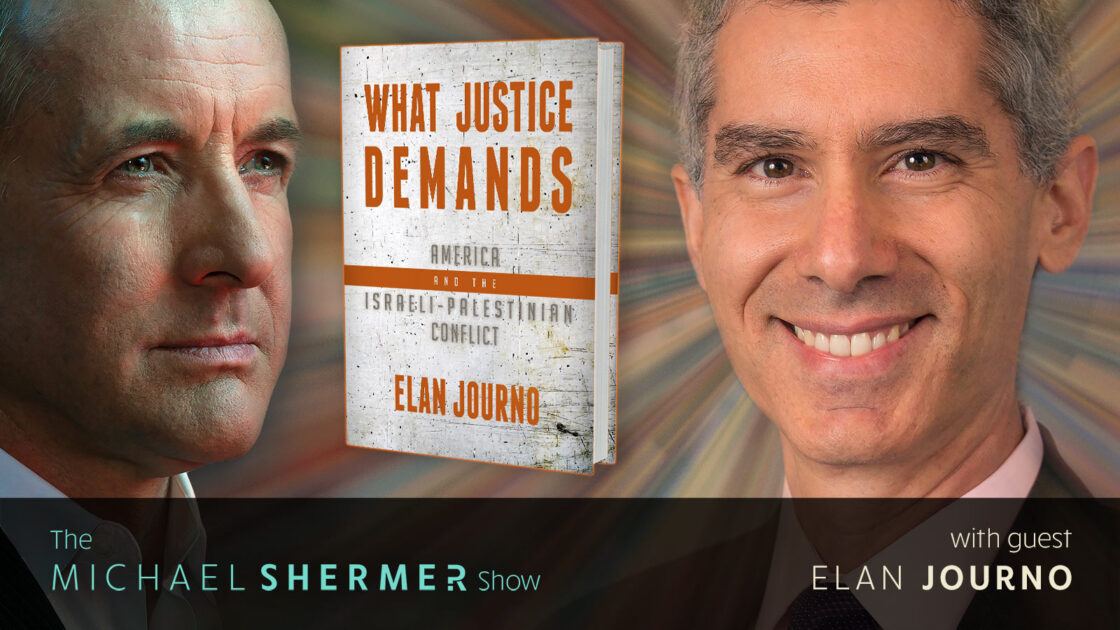
Shermer and Journo discuss: who really owns land? • British Mandate • Theodore Herzl • Zionism, Judaism, and Israel • territorial disputes • Hamas (Islamic Resistance Movement), Hezbollah (Party of God), and terrorism • Palestinian grievances • The Palestinian cause • Is Israel a colonial conquering empire? • Is Israel an apartheid state? • Boycott, Divestment, Sanctions (BDS) movement • Gender Apartheid • Arabs, Muslims, and Palestinians as separate identities • Palestinian Liberation Organization (PLO) • Islam and Islamism •…
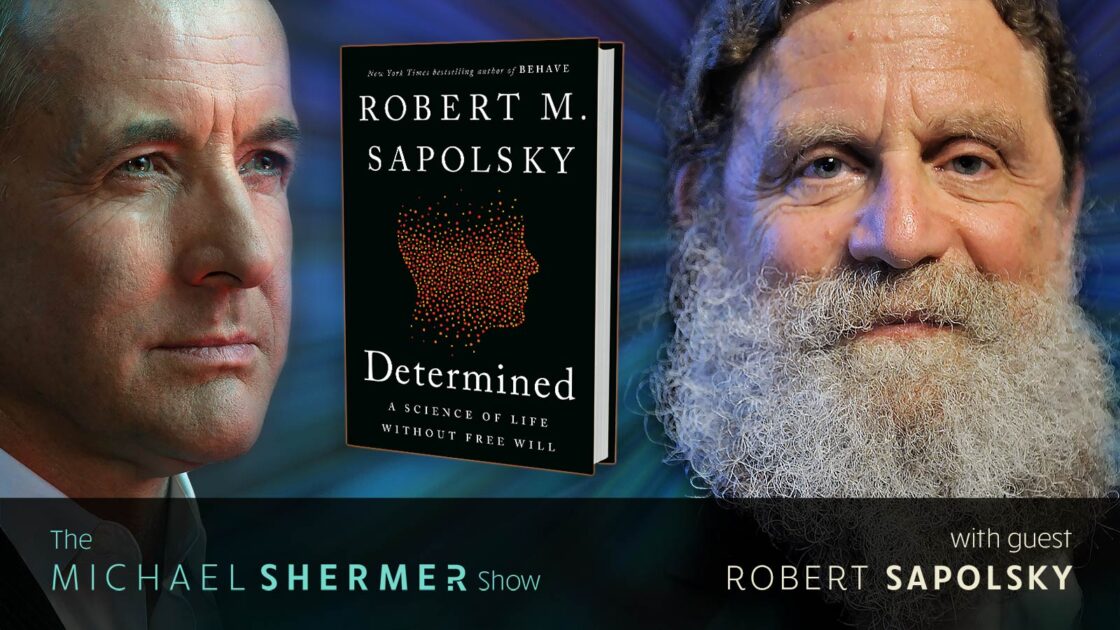
Shermer and Sapolsky discuss: free will, determinism, compatibilism, libertarian free will • Christian List’s 3 related capacities for free will • how what people believe about free will and determinism influences their behaviors • the three horsemen of determinism: (1) reductionism (2) predetermination; (3) epiphenomenalism • dualism • punishment • retributive vs. restorative justice •Is the self an illusion? • game theory evolution of punishment • luck • and meaning (or lack thereof).
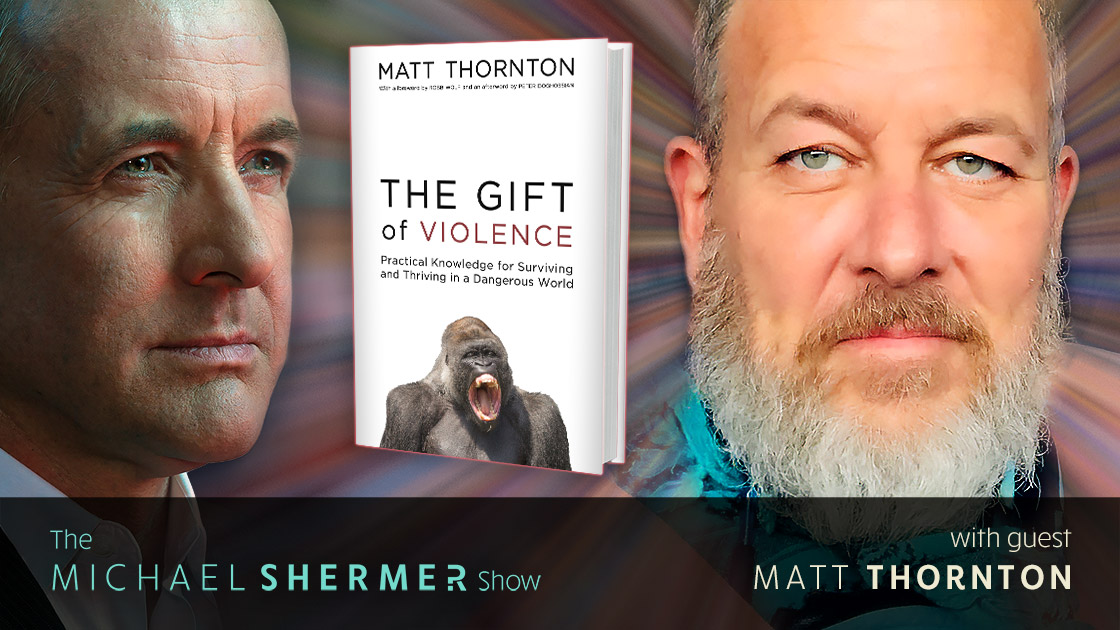
Shermer and Thornton discuss: aggression: passive, proactive, reactive, relational • moralistic punishment and the game theory analysis of the logic of violence • gun violence (homicide, suicide, accidents) • violence against women/children • male-on-male violence • alcohol, drugs, infidelity • race • self-control • training soldiers • male role models • Rodney King, Michael Brown, George Floyd • police violence • bullying • fatherless homes • rape and sexual violence • self-defense.
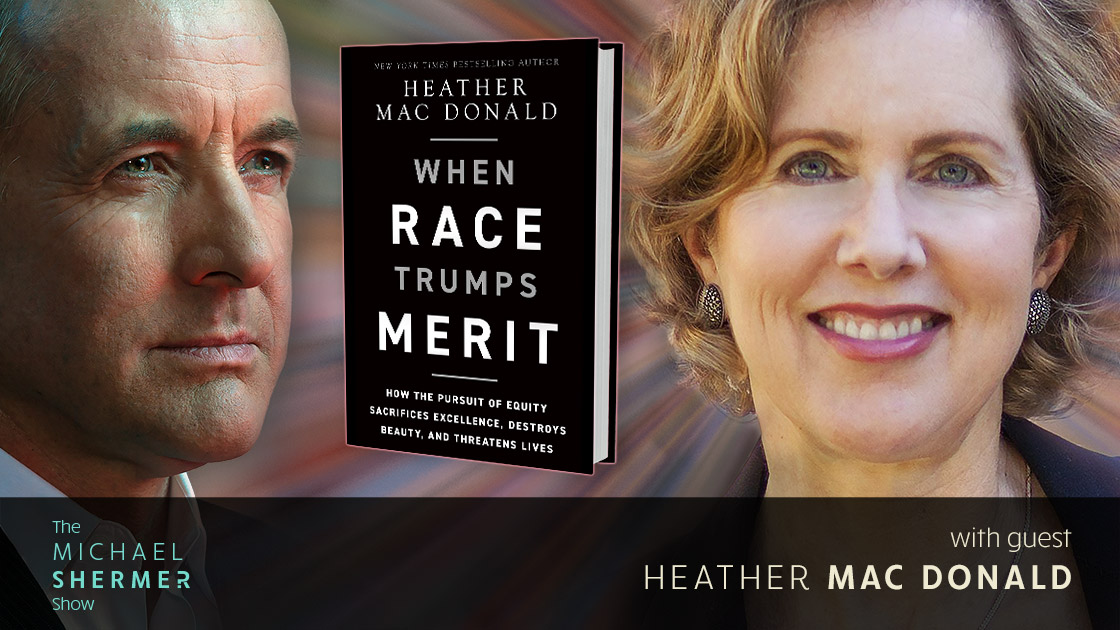
Shermer and Mac Donald discuss: race as America’s original sin • civil rights • equality vs. equity • disparate impact • overt racism vs. systemic racism • why Blacks make less money, own fewer and lower quality homes, work in less prestigious jobs, hold fewer seats in the Senate and House of Representatives, run fewer Fortune 500 companies • race and science, medicine, classical music, opera, Juilliard, Swan Lake, museums, and the law • crime and mass shootings • George…
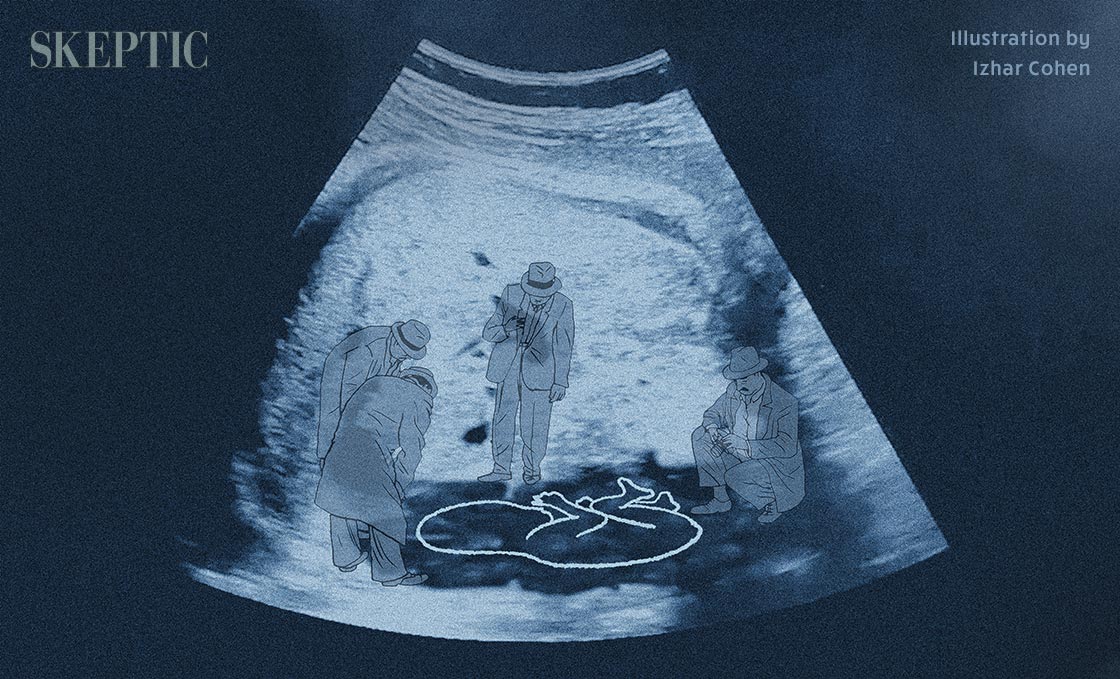
Abortion is one of the most relevant issues of our time. As with many other subjects capable of arousing strong emotion, people tend to assume that the U.S. public is evenly divided, in this case between the “pro-choice” and “pro-life” positions. And some frequently cited polling would lead you to believe that it is indeed […]
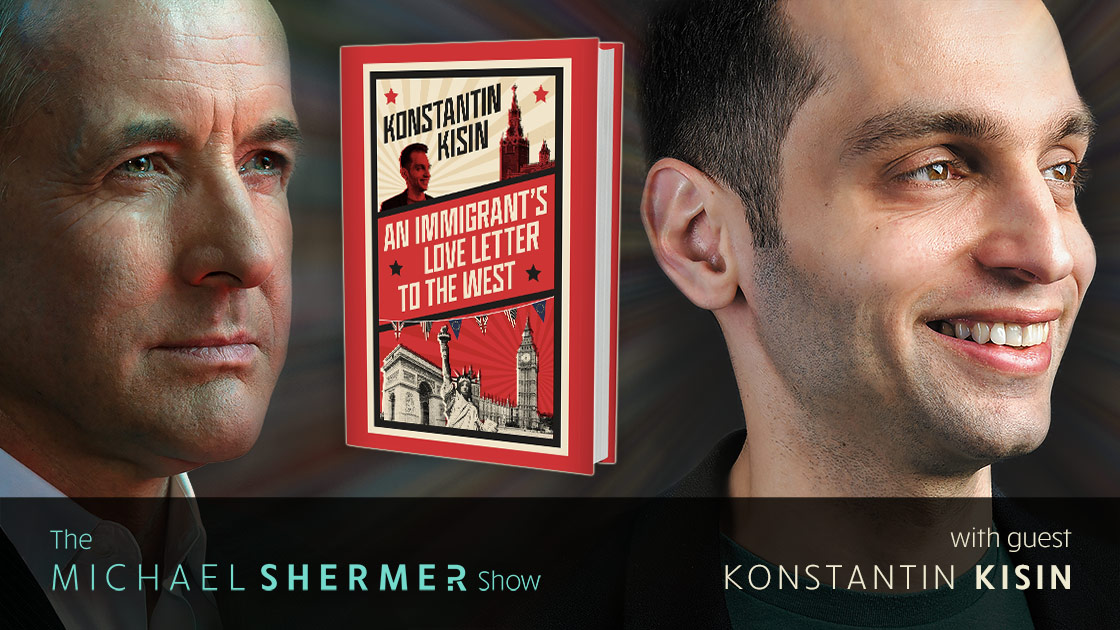
Shermer and Kisin discuss: growing up in Russia • “The Talk” Russian parents give their children • What is the “West” and how do Russians view it • Should Whites feel some guilt for slavery, racism, misogyny, bigotry, etc.? • systemic racism: criminal justice, housing, employment, income, wealth • Critical Race Theory (CRT) • immigration • free, private, and public speech • how language is used to distort truth • the origin of “political correctness” • journalism vs. activism •…
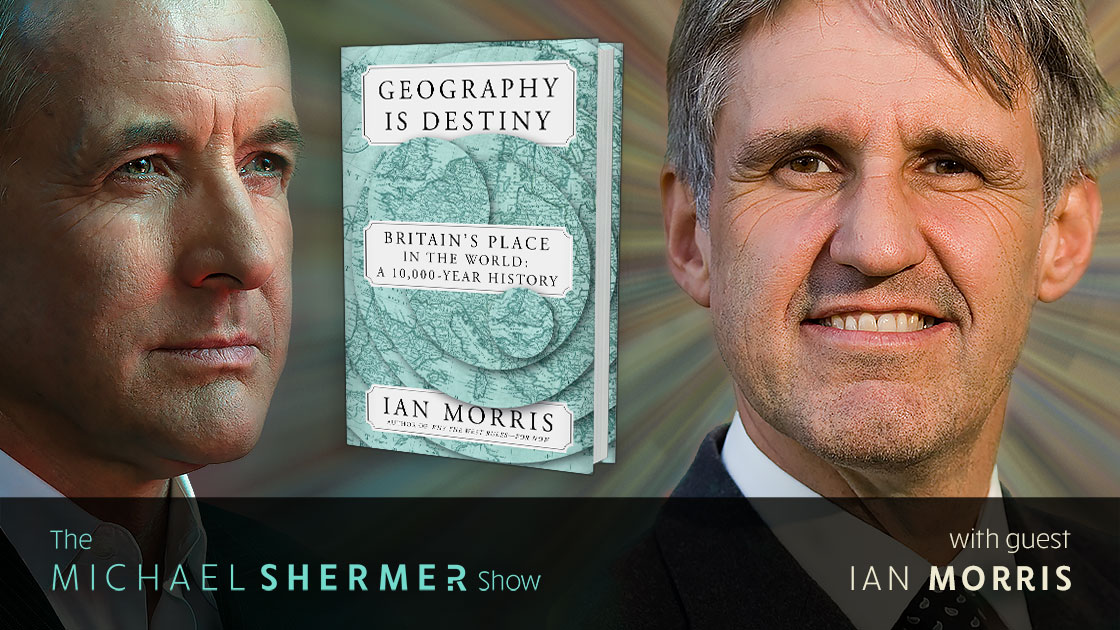
In this conversation on deep time and big history, Shermer and Morris discuss the history of Big History, the future of energy and civilization, China and the future of energy and political power, what Britain was like 8000 years ago, the major transitions in British history, counterfactual history, slavery and the abolition of the slave trade, the role of ideas in history (civil rights, rule of law, justice, etc.), reparations and making right the wrongs of the past.
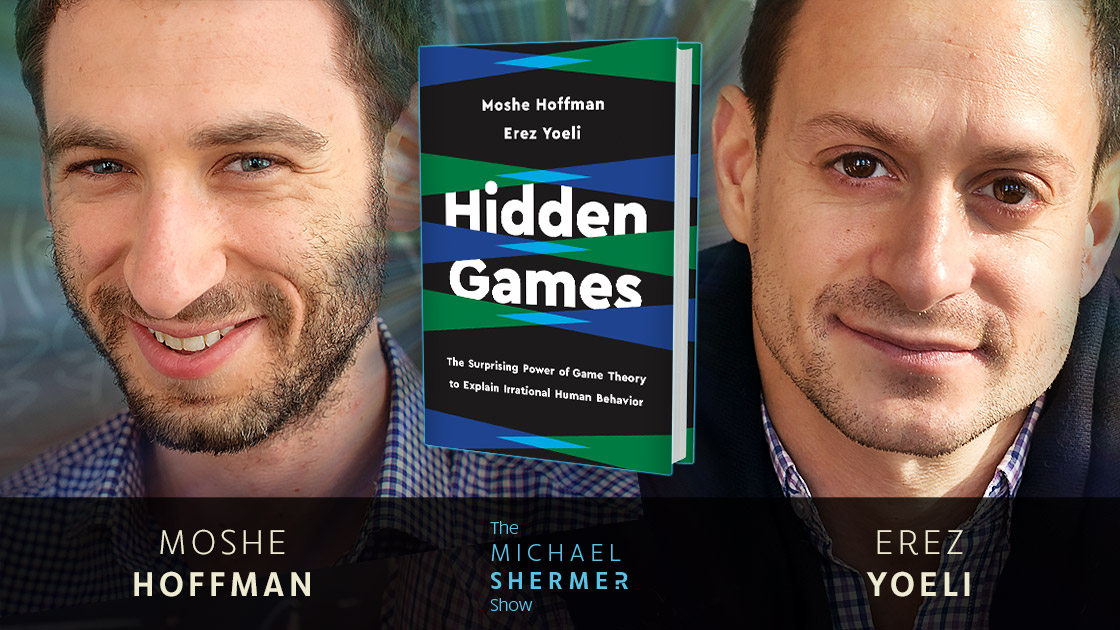
Moshe Hoffman is a research scientist at the Max Planck Institute for Evolutionary Biology whose research focuses on using game theory and models of learning. Erez Yoeli is a research scientist at MIT’s Sloan School of Management, whose research focuses on altruism: understanding how it works and how to promote it.
Read the Skeptic Research Center’s general report, “Pandemic Politics: How 2020 Impacted Americans’ Social and Political Attitudes,” based on their nine reports from the Civil Unrest and Presidential Election Study (CUPES) released in late 2020–early 2021. PLUS: Michael Shermer speaks with author, journalist, and TV personality Nick Pope about UAPs, UFOs, conspiracies, and cover-ups.
Read the Skeptic Research Center’s general report, “Pandemic Politics: How 2020 Impacted Americans’ Social and Political Attitudes,” based on their nine reports from the Civil Unrest & Presidential Election Study (CUPES) released in late 2020–early 2021.
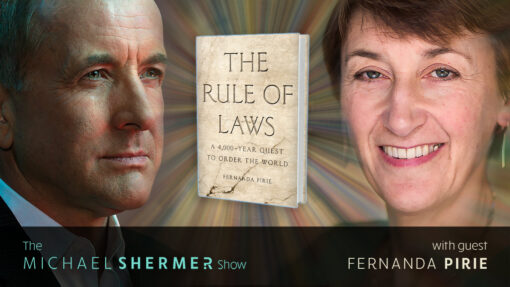
In episode 236, Michael Shermer speaks with Fernanda Pirie on The Rule of Laws: A 4,000-Year Quest to Order the World — from ancient Mesopotamia to today, the epic story of how humans have used laws to forge civilizations.
In episode 236, Michael Shermer speaks with Fernanda Pirie on The Rule of Laws: A 4,000-Year Quest to Order the World — from ancient Mesopotamia to today, the epic story of how humans have used laws to forge civilizations.

Agenda-driven diversity and antiracism training programs are everywhere, but do they work in creating an inclusive culture? In our current climate of high racial tensions and deadlocked civil discourse, Dr. Mona Sue Weissmark asks “Is there a more effective way to break down these conversation barriers in order to answer some of the most difficult, polarizing questions that we face today?” PLUS, given the rising level of social and economic unrest seen in 2020, we announce a new study coming…

Agenda-driven diversity and antiracism training programs are everywhere, but do they work in creating an inclusive culture? In our current climate of high racial tensions and deadlocked civil discourse, Dr. Mona Sue Weissmark asks “Is there a more effective way to break down these conversation barriers in order to answer some of the most difficult, polarizing questions that we face today?”
Today, August 18, marks the 100th anniversary of the adoption of the 19th Amendment to the Constitution of the United States, guaranteeing women the right to vote. We honor that momentous event with an excerpt adapted from the chapter on women’s rights in Dr. Shermer’s 2015 book The Moral Arc. PLUS: in Science Salon # 129, Michael Shermer speaks with Mona Sue Weissmark about her book The Science of Diversity which uses a multidisciplinary approach to excavate the theories, principles,…
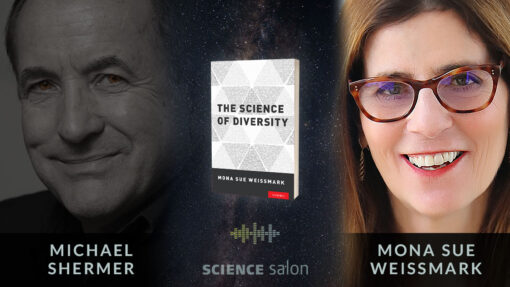
In Science Salon # 129, Michael Shermer speaks with Mona Sue Weissmark about her book The Science of Diversity which uses a multidisciplinary approach to excavate the theories, principles, and paradigms that illuminate our understanding of the issues surrounding human diversity, social equality, and justice.
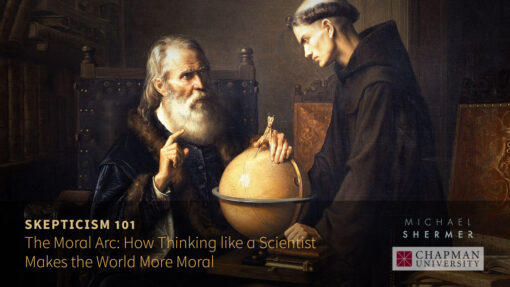
In this, the final lecture of his Chapman University Skepticism 101 course, Dr. Michael Shermer pulls back to take a bigger picture look at what science and reason have done for humanity in the realm of moral progress. Watch The Moral Arc: How Thinking Like a Scientist Makes the World More Moral.
In this, the final lecture of his Chapman University Skepticism 101 course, Dr. Michael Shermer pulls back to take a bigger picture look at what science and reason have done for humanity in the realm of moral progress. Watch The Moral Arc: How Thinking Like a Scientist Makes the World More Moral.
In Science Salon # 38, Michael Shermer and Hebrew University historian and best-selling author (Sapiens, Homo Deus), Dr. Yuval Noah Harari, discuss the central ideas of his new book, 21 Lessons for the 21st Century.
NEXT →





















